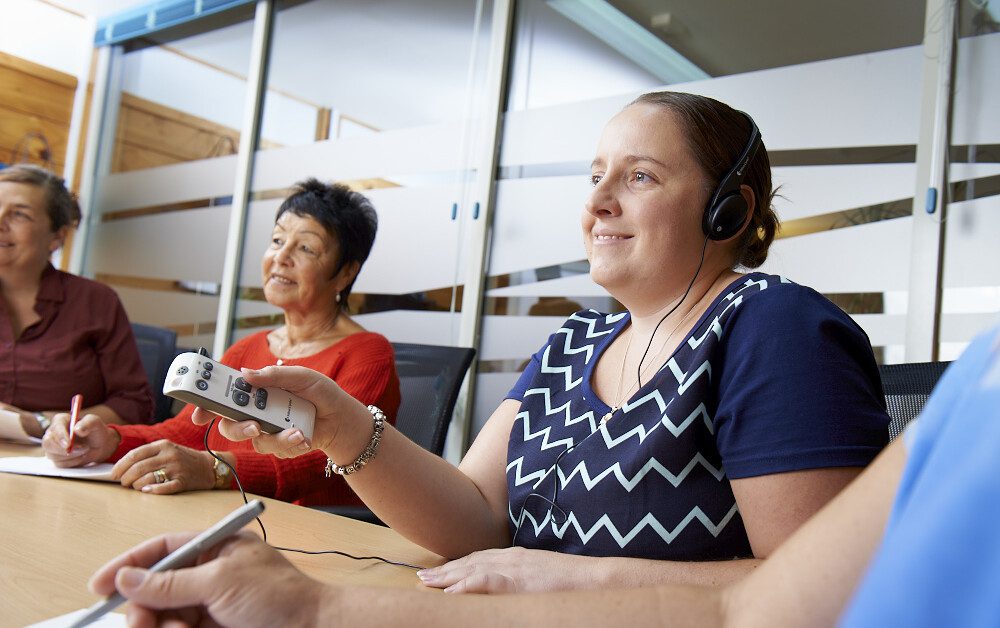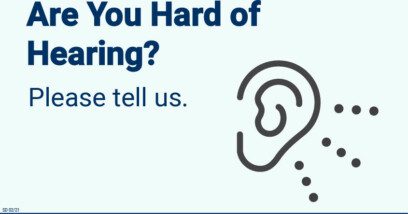
It’s not uncommon for people to find it harder to manage their hearing aids as they get older. The good news is there may be other solutions that are more manageable.
Cindy Foulkes says a hearing therapist can offer support and advice if you’re having trouble with your hearing aids, or if your hearing isn’t as good as it used to be. She works at Life Unlimited Hearing Therapy in Whangarei, a free service funded by the Ministry of Health to support people living with hearing loss.
A hearing therapist can provide a hearing evaluation to help identify the situations where you need most help with your hearing. They can also recommend solutions that meet your individual needs – which could include alternatives to hearing aids.
“It depends on a person’s individual circumstances. For example, they may have difficulties with their eyesight, or they may be losing dexterity or experience tremors from conditions like Parkinson’s.
“So, there are lots of things that may affect their ability to operate hearing aids. And in some cases, an effective solution may be a personal amplifier.”
A personal amplifier uses a directional microphone connected to a headset to hone in on the sounds you want to hear and reduce background noise. They’re cost-effective and simple to operate with large buttons, so they’re easier to handle if you have difficulties with vision or dexterity.
Cindy says although they don’t provide a full hearing solution, they may enable people to hear what’s going on at important moments.
“It may be particularly useful at your doctor or pharmacy so you can hear instructions about taking medication – or for any conversation with family and friends.”
A personal amplifier fitted with a telecoil can also be used in theatres and churches that have a hearing loop system. It will pick up the sound signal and transmit it directly to your headset.
“So often a personal amplifier not only encourages better one-on-one communication, it can also help people be more social and just enjoy activities like going to the movies.”
A personal listener could be a good alternative for clients who, for whatever reason cannot wear hearing aids (hearing aids should be first choice). Another excellent place for this to be used is where a generic hearing device could be available for multiple users (e.g in a courtroom, hospital or medical setting or managed care facility).
Assistive technology, like personal amplifiers, are just one solution. A hearing therapist can also help with practical strategies to make communicating easier. This may include helpful advice about managing your environment to reduce background noise and improve acoustics, or tips to make it easier to talk on the telephone or watch television without disturbing others because the volume is too loud.
For example, an elderly man in a rest home had been through several sets of different hearing aids and was still frustrated and at his wits’ end as he could not find a solution that was manageable for him to use – to be able to insert, wear, operate and maintain. With his declining health and multiple health issues (affecting his eyesight, memory and physical ability) he wanted a quick easy solution without any fuss or bother. So a Bellman Maxi Personal Listener was the right solution for the client.
Life Unlimited Hearing Therapy is a free, national service. Call 0800 008 011 to book an appointment for a hearing assessment and to discuss options to support better hearing.
View personal amplifiers on the Mobility Centre website..
Read more about hearing aids.





